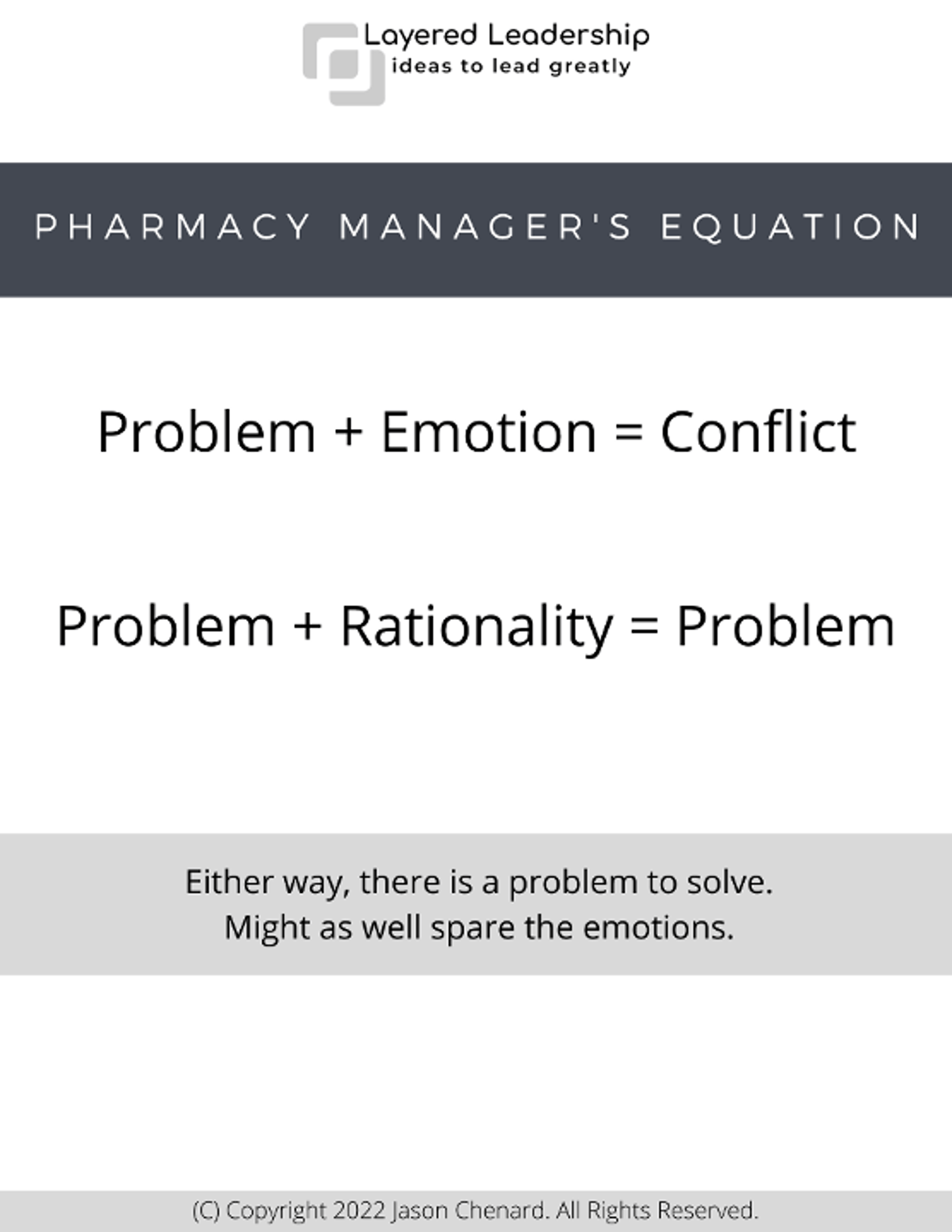Sleep on it! Turning it on and off in your pharmacy
Why Edison slept at work and why you should too
Sleep permits the brain to process the day, wipe away the emotional fragility of our interactions and wipe the slate clean. That’s the reason we say ‘sleep on it’ since you will be fresh-minded in the morning to decide.
One of our greatest thinkers and inventor of the lightbulb knew this. Thomas Edison, not fully understanding why it was so, understood that many good ideas come while sleeping. The trick was remembering them when we awoke.
His answer: sleep with ball-bearings in his upwards facing palms, with forearms rested on the arms of his chair. He left metal baking sheets on the floor below each hand so that as he fell asleep, gravity would pull on his weakening musculature, causing the ball-bearings to fall on the metal sheets, forcing him awake.
Why? He woke up just as the brain could remember what he was working on just as it fell asleep. Turns out great ideas happen here.
I do not necessarily suggest you do this in your counselling room, but I do recommend you credit the concept.
Pharmacists don’t need to hunt for problems, problems find us. Drug interactions, government funding capitations, staff quarrels, upset patients, software upgrades, back-orders, mean doctors, mean doctors’ secretaries, door-crashers, bosses above and below, blister packs piling up, forever changing eligibilities for vaccines (I could go on but will spare the mental spiral).
Just sleep on it! How many decisions and conversations in our day MUST occur right away. Being ‘type-A confrontation-avoiders’ we want to clear our to-do lists even if it means diving right into ground zero when a bomb is going off.
Perhaps some of our problems can wait until the next day:
“Let me digest this and get back to you with the more complete answer this deserves.”
Why might this be helpful? Consider this:
When emotion is involved, it clouds our judgment. We react, instead of think. Finalizing the decision after we’ve “slept on it” reduces its urgency and creates time for due consideration of the multitude of ripple effects that emotion blinds us to.
Sleep on it and some problems are just problems. Try it. You may find you come up with Thomas Edison-like solutions.







